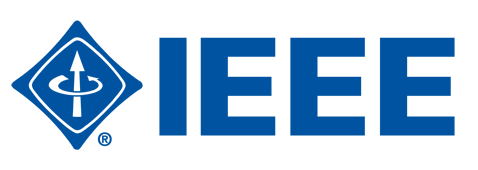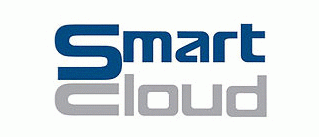Regular papers describe new results that advance the state-of-the-art. Each accepted paper will be allocated approximately 25 minutes for the oral presentation during the conference. All papers must present original and unpublished work that is not currently under review elsewhere. Each paper will be reviewed by at least three independent referees. Papers will be evaluated according to their significance, originality, technical content, style, clarity, and relevance to the conference. At least one author of each accepted paper is required to attend the conference. Regular papers are 5-7 pages long.
Quantitative and/or qualitative methods and results are welcome, as well as hypotheses-driven or more open-ended exploratory work. Submissions must clearly outline the methodology (manipulations, measurements, environment and context, etc.) and technologies used, for both replicability and enabling in-depth review. In addition, research providing novel system designs, algorithms, interface technologies, and computational methods supporting elements of situation management are encouraged. It is assumed that the submitted papers address the issues related to the general domain of situation management
Topics:
- Cognitive models of situation awareness, decision making, and situation management
- Studies of concepts of situation, context, event, goal, intention, action, activity, behavior in interactive human-machine systems
- Situation sensing, perception, comprehension, tracking, prediction and management
- Collaborative decision support
- Approaches to spatial and temporal reasoning, reasoning about goals, intentions and actions, and collective reasoning by teams of human and/or machine agents
- Metrics and evaluation of performance of hybrid human-machine systems
- Situation-dependent data integration
- Information fusion
- Modeling of situations - model acquisition, construction, adaptation and learning
- Models of human-machine collaboration, hybrid and distributed cognition
- Ontology-based computing
- Context modeling and discovering
- Systems, platforms and tools for situation awareness and decision support
- System-level experiments
- Application-specific research
Submitted papers should clearly indicate on the first page the submission type. Authors of accepted papers will need to sign an IEEE copyright release form and present their paper at the conference. The conference proceedings will be digitally published by IEEE Systems, Man, and Cybernetics Society and will be included into the IEEE Explore Digital Library.
All paper submissions will be handled electronically in EDAS. Authors should prepare a Portable Document Format (PDF) version of their full paper in 2-column style (main text in 10-point size) including figures and correct margins. Please use the stylesheet templates provided by IEEE to assure that your proposal is in line with our guidelines. For more information contact admin@cogsima.org.
Publication
The conference proceedings will be electronically published in the IEEE CogSIMA Conference Proceedings and will be submitted to the IEEE Xplore® Digital Library. At least one author of an accepted paper is required to register for the conference at the full (member or non-member) rate and the paper must be presented by an author of that paper at the conference unless the TPC grants permission for a substitute presenter arranged in advance of the event and who is qualified both to present and answer questions. Non-refundable registration fees must be paid prior to uploading the final IEEE formatted, publication-ready version of the paper. For authors with multiple accepted papers, one full registration is valid for up to 3 papers.
Due Date
Regular papers must be submitted by 18 March 2018 (Extended Deadline).
For inquiries, please contact mailto:admin@cogsima.org.





